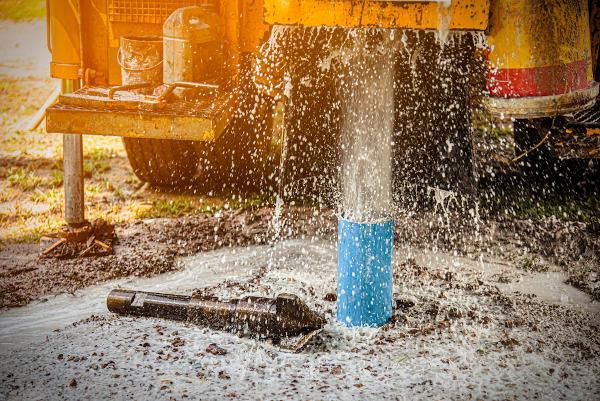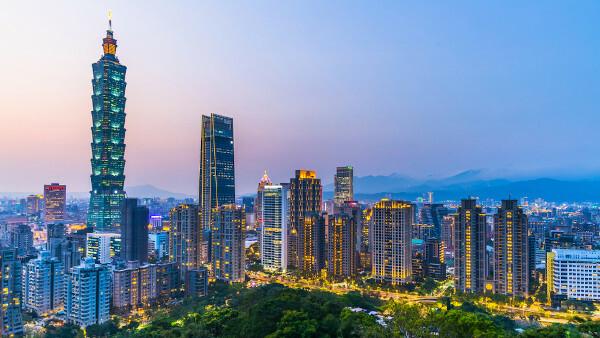The children's school holidays have already begun. An option to rest from your studies and that offers several benefits are summer camps.
Summer camps can last 15 or 10 days or even a week and are held in clubs, condominiums, farms, camps and even in the schools themselves.
Education experts point out that the colonies offer benefits such as encouraging socialization with other children and creating affective memories.
What is a summer camp?
Summer Camp is a program aimed at children, teenagers and young people who are on school holidays. The colonies aim to encourage free initiative, playful games, reading and contact with nature.
The children take advantage of the free time of the holidays to work, in summer camps, creative activities to relax and rest. Colony organizers can also discuss important topics during this schedule.
Do not stop now... There's more after the publicity ;)
What are the activities of the summer camps?

The activities of the summer camps vary according to the organization, but, in general, they have programs such as:
water recreation
recreational games
ecological tours
Sports games such as volleyball, handball, football, etc.
Playful activities, such as soap football, treasure hunts, gymkhanas, etc.
Cultural activities such as painting, origami, dance, theater, circus art and others.
Game room and karaoke
Performances with magic, music, theater and others.
Benefits of summer camps
The benefits of summer camps are many, according to Vanusa Maganha, Coordinator of the Early Years of Elementary Education at Colégio Anglo Chácara Santo Antônio.
"With an adequate pedagogical approach, summer camps become a conducive environment for socialization, strengthening of affective bonds and the development of an ethical coexistence among the participants", emphasizes the coordinator.

Check out four benefits of summer camps for children below:
Helps socialize with other children
In summer camps, children are encouraged to participate in a routine that favors strengthening the affective bond through playing and reinforces ethical coexistence. “New friendships can happen and the playful experiences of this period tend to expand relationships supported by the community and exchanges between peers”, says the coordinator.
Works on body development
Games, including street games and traditional games, provide opportunities for body movement and the development of social skills. This practice contributes to the well-being of the participants.
Develops creativity
Programming often includes art workshops, in which children have the opportunity to explore different materials, colors, textures and craft techniques. These activities stimulate creativity and expand the possibilities of expression and imagination of children and adolescents.
Creates affective memories for a lifetime
The experiences and exchanges in a favorable environment prepared for playing, creating and experimenting record memories of immeasurable value”, says Vanusa.
Read too: school holidays - how much do they cost?
Holiday camps vs camps
Summer camps are often related to camps. The difference is that children usually sleep in the latter and not in the colonies, as these tend to only occur during a few hours of the day.
The difference between both holiday programs ends there, since both holiday camps and camps aim to offer a leisure option.
According to the Brazilian Association of Educational Camps (ABAE), in the camps the public children and youth find new friendships, independence, challenges, as well as moments of proactivity and adventure.
The camps attract children ages 5 to 10, but there are also options for teens, ages 11 to 16.
“The motto of the camps is to offer activities for all tastes, with sports, competitions, artistic and cultural activities. Each camper can find their favorite, such as theater, dance, band, sports clinics, journalism activities in nature, arts and painting, among many others”, says Kito Vivolo, Director of Abae and NR Camps.
According to Camila Gaudio, Director of the Aruanã Camp, comments that what really makes the difference in the camps are the daily activities, adventure experiences, playfulness, sports, socialization, direct contact with nature and workshops cultural.
By Silvia Tancredi
Journalist


